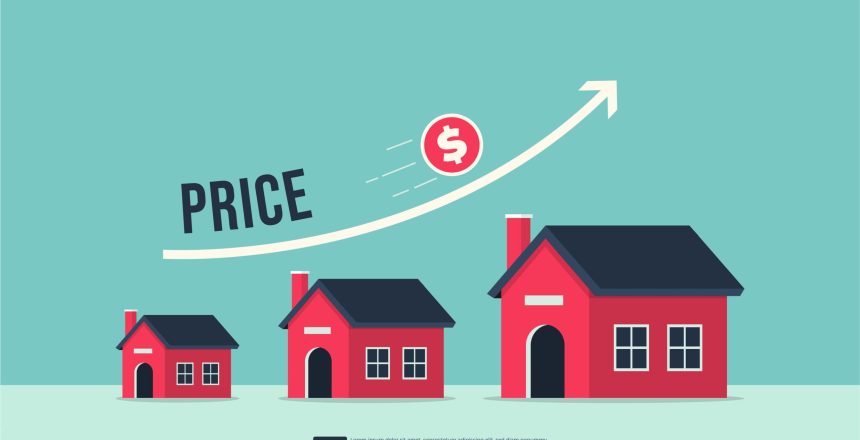Robert Schiller, a sterling professor of economics at Yale University, has predicted that the home prices will rise by one or two percent more than inflation during the next ten years. The professor has compiled huge data on house prices in the United States, beginning from 1890 and going all the way through 2008. Professor Shiller says a growth of one or two percentage points above inflation may not sound much to those who have witnessed the sky rocketing house prices during the early years of the last decade, but his estimates are in line with the long term data he has accumulated.
Future Hold for House Price Appreciation
House prices began their upward march somewhere in 2012. Latest figures from the Standard and Poor Shiller composite index of 20 metropolitan areas show house prices for single-family homes have risen by 12.1 per cent in April. This is the biggest rise since 2006. Leading this rise in prices are four cities – San Francisco (24 percent), Las Vegas (22.3 percent), Phoenix (21.5 percent), and Los Angeles (19 percent). Even though Shiller has already warned of an impending housing bubble in these four cities, he admits there are no reasons to expect another burst anytime soon.
The chief economist at First American CoreLogic, Mark Flemming, is of the view that house prices are linked to wage growth. He has predicted a robust growth in jobs in high-technology industries during the next few years. He has calculated that this increase in employment opportunities shall fuel an inflation-adjusted personal income growth of around two per cent each year. Separate indices are supporting Fleming’s claim of an improving labor market. A May 28 Reuters report shows “jobs plentiful” index in the country has increased to 10.8 per cent (from 9.7 per cent), while the “jobs hard to get” index has been down from 39.9 per cent to 36.1 per cent.
Future Hold for House Price Appreciation
Demography is another important factor influencing home prices. The American population is increasing. An increasing population demands more houses which favors the housing market. You can confirm it yourself by comparing the last year’s online value report for your home to this year’s report. You can get a free report at Neighborhood IQ. A June 2009 report by a team of researchers from Harvard showed the next generation of baby boomers will keep housing demand strong for at least more than a decade. Low mortgage rates, a decrease in available inventory, and easing in foreclosures are also contributing to the housing market recovery.
Factors Preventing Another Housing Bubble
Even though house prices have been rising since 2012, there is no reason to worry about another housing bubble for several years now. The Federal Reserve has tightened regulations, the flow of credit has been curtailed, and lending standards have been raised to prevent another 2008-style housing marketing burst. Even though many economists will gladly bet on another real estate burst in our lifetime, they will assure you the housing market will continue to grow unhindered for at least until 2020.
To conclude, unless you are earning your living from real estate, a way to gain peace of mind is to buy a home in which you want to live. You will never regret it.


